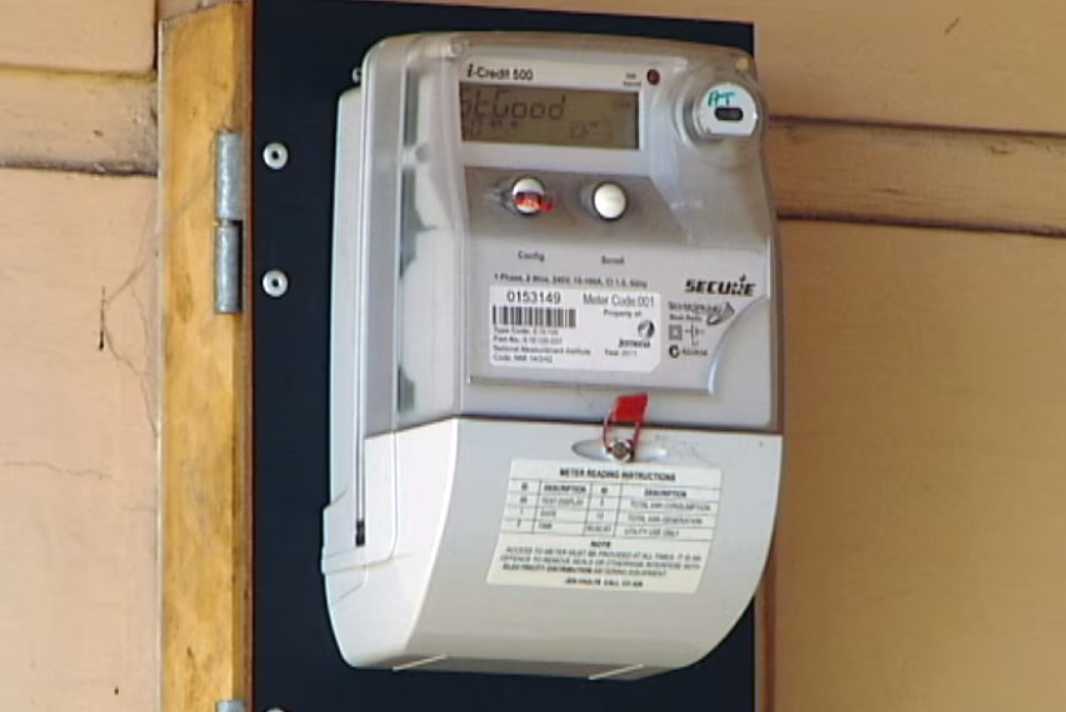The lights are on, the refrigerator is humming, and our devices are always connected. However, with all of this convenient electricity use comes an unwelcome reality: rising energy costs. These rising costs strain household budgets, but they also highlight a larger issue: our impact on the environment.
The good news is, you can make a difference. Taking control of your home's energy consumption is about more than just feeling better; it's also about saving money. By implementing some smart strategies, you can significantly reduce your electricity consumption, putting more money in your pocket while also reducing your environmental footprint.
Optimizing your home's energy consumption is more than just saving a few dollars. It's about consciously lowering your environmental footprint. Using less electricity reduces greenhouse gas emissions and promotes a more sustainable future. There is an additional benefit: managing your energy consumption can result in increased home comfort through consistent and efficient heating and cooling. Furthermore, by putting less strain on your appliances, you may be able to extend their life and save money on future replacements.
It's important to note that certain electrical tasks should only be performed by a local licensed electrician. While this article discusses how to improve your home's energy efficiency through everyday habits and readily available tools, any electrical wiring or modifications should be left to a qualified professional. Attempting to do electrical work on your own can be dangerous, resulting in accidents, fires, or even code violations.
In the following sections, we will look at the tools and technologies available to help you monitor and manage your home's energy consumption safely. We will also discuss specific strategies for becoming an energy-saving expert. Prepare to unleash the power of responsible energy consumption and create a smarter, greener home while prioritizing safety.
Shining a Light on Energy Use: Tools for Monitoring Your Home's Consumption
Just as managing your finances requires knowing where your money goes, effectively managing your home's energy use requires understanding where your electricity is being used. Fortunately, you can use a variety of tools to shed light on your home's energy consumption.
Smart Meters: These advanced meters, which are frequently installed by utilities, provide real-time data on your total electricity consumption. They can monitor consumption on an hourly, daily, or monthly basis, allowing you to identify peak times and areas for improvement.
Energy Monitoring Devices: For a more detailed view, consider investing in energy monitoring equipment. These devices connect to specific appliances or circuits, revealing the exact energy consumption of your refrigerator, dishwasher, or even your entertainment system. This targeted data allows you to identify the energy hogs in your home and prioritize areas for improvement.
Mobile Apps and Online Platforms: Many utility companies and independent providers provide mobile apps and online platforms for connecting your smart meter or energy monitoring devices. These platforms offer user-friendly data visualization tools, allowing you to easily monitor trends, compare usage over time, and even set personalized energy-saving goals.

Taking Control: Technologies for Managing Your Home's Energy Consumption
After you've gained valuable insights into your home's energy consumption, it's time to act. This is where a variety of innovative technologies come into play, allowing you to directly manage and optimize your energy consumption.
Smart Plugs and Power Strips: These handy devices make it easy to control individual appliances or groups of devices. Smart plugs connect your appliance and the outlet, allowing you to turn electronics on and off using a smartphone app. Smart power strips go a step further, with multiple outlets that can be controlled independently or set to automatically turn off electronics in standby mode, preventing the drain of "vampire energy."
Programmable thermostats: Heating and cooling systems are frequently major contributors to home energy consumption. Programmable thermostats allow you to schedule temperature adjustments throughout the day and night. You can significantly reduce energy consumption while maintaining comfort by automatically lowering the temperature when you are away or asleep.
Smart Appliances: Modern appliances are increasingly equipped with smart features designed to maximize energy efficiency. These features might consist of eco-wash cycle settings in washing machines, sensor-activated lighting in refrigerators, or even smart cooking modes in ovens that adjust cooking times and temperatures for maximum efficiency.
Home Energy Management Systems (HEMS): If you want the most control and automation, consider a Home Energy Management System. These comprehensive systems work with a variety of smart home devices, allowing you to create custom rules and schedules for controlling your entire home's energy consumption. HEMS can provide real-time energy consumption data, send alerts when certain thresholds are reached, and even automatically adjust settings based on weather conditions or time of day.
Smart Habits, Smart Savings: Strategies for Optimizing Electricity Usage
Equipping yourself with the right tools and technologies is a great first step, but true energy optimization requires smart habits. Here are some key strategies to put your newly acquired knowledge into action:
- Identify the Energy Guzzlers: Using the data from your monitoring tools, determine which appliances and habits are consuming the most energy. Look for culprits such as inefficient lighting, electronics left on standby, or long dryer cycles.
- Power Down Electronics: It may seem obvious, but simply turning off electronics when not in use can have a significant impact. Encourage everyone in your household to develop the habit of turning off computers, televisions, and game consoles when they are finished.
- Unplug Unused Devices: Even seemingly turned-off electronics can consume energy in standby mode. Get in the habit of unplugging chargers, phone docks, and other devices that aren't in use. Consider using smart power strips, which automatically turn off power to unused outlets.
- Accept Time-of-Day Pricing: If your utility company provides time-of-day pricing plans, take advantage of them! These plans charge different rates for electricity based on the time of day. You can save money on energy by scheduling activities like laundry or running the dishwasher during off-peak hours.
- Upgrade to Energy-Efficient Champions: if your appliances reach the end of their lifespan, consider replacing them with energy-efficient models. Look for ENERGY STAR® certified appliances that consume less energy without sacrificing performance.
- Embrace the Power of Natural Light: Make use of natural daylight whenever possible. Open curtains and blinds during the day to brighten your living spaces and reduce your reliance on artificial lighting.
You can transform your home into an energy-efficient haven by implementing these strategies and taking advantage of the available tools and technologies. Remember that even minor changes can make a big difference. Start empowering yourself to save money, reduce your environmental impact, and build a more sustainable future - one smart energy choice at a time!

Conclusion: Powering a Sustainable Future, One Home at a Time
Taking control of your home's energy consumption is about more than just saving money on your next electricity bill; it's about making a conscious effort to create a more sustainable future. Implementing the strategies and technologies described above can help you significantly reduce your environmental impact and contribute to a cleaner, greener world.
The journey to energy optimization is a continuous one, but it is rewarding. Regularly monitor your energy consumption, identify areas for improvement, and adjust your habits accordingly. Use the available tools and technologies to your advantage, including smart plugs and thermostats, as well as mobile apps and HEMS. Remember that even small changes can have a big impact.
Start empowering yourself today. Adopt energy-saving habits, use technology to your advantage, and make your home an efficiency champion. We can build a more sustainable future for ourselves and future generations by making smart energy choices one at a time.
For those who want to delve deeper, there are numerous resources available. Many government programs and utility companies provide rebates and incentives for installing energy-efficient appliances or using smart home technologies. Explore these options and take advantage of any financial assistance available to help you on your path to a more energy-efficient home.

